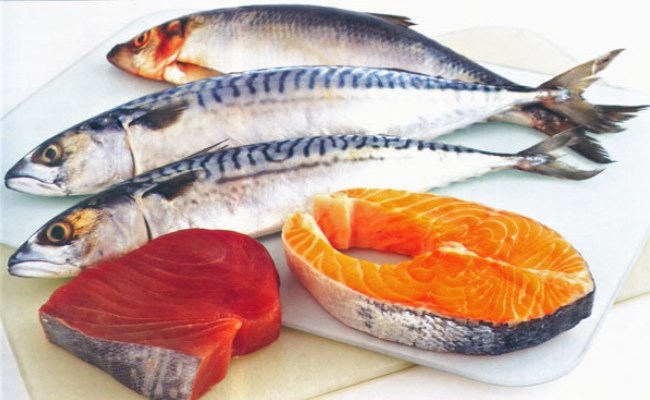Fish for Thought
 |
| Eat Fish for Razor-sharp Memory |
If you don’t remember the last time you had
fish, it’s time to sharpen your memory. Studies reveal eating fish to boost
memory and this is one of the many brain-boosting benefits associated with
eating more fish.
Maintain Balance in
your Savings Account
Omega-3 fatty acids, especially
docosahexaenoic acid or DHA, present at the nerve endings of our brain play a
pivotal role in our cognitive behavior for memory and brain performance. Don’t
be pleased if you remember to add fish to your shopping list after consuming
foods rich in DHA. DHA levels are actually related to more serious mental
problems such as Alzheimer’s disease later in life, something drastically
serious than the occasional forgetfulness.
Don’t commit the mistake of eating fish after
signs of memory loss. Instead, think of eating fish just like the savings plan
for your brain and not a one-time lottery win. Eating one piece of fish is not
going to help you get an A in your test. It is a cumulative effect that does
not happen so quickly.
Which Fish is the Best Fish?
Famous dietary guidelines recommend eating fish
at least twice a week. DHA-rich fish such as wild salmon, albacore tuna,
mackerel, herring and farmed trout should be your first choice. Grill, broil or
boil to avoid the extra fat that comes along with deep frying. Choose
eco-friendly and low-mercury content fish such as sardines and wild Alaskan
salmon for best health benefits. Avoid lake trout as it has high mercury
content in it.
Feel Good & Look
Good
Though our ultimate aim is to feel good, none
of us can deny the fact that looking good is also an important item in our
priority list. Fish are a rich source of lean protein that ensures top aerobic
fitness in our body to power through exercise. Containing low saturated fat
than red meat, having tuna instead of a burger ensures additional omega-3s that
help to lower blood pressure and reduce heart attack risk.
Supplements for DHA?
Acquiring DHA is possible but difficult for
vegetarians. Algae, a source of DHA, is used to make vegetarian DHA
supplements. Other vegetarian food sources of DHA include ground flaxseeds,
walnuts and chia seeds. As our body converts only about 5 percent of
plant-based omega-3s into DHA, people who don’t eat fish are recommended to
meet a registered dietitian nutritionist at www.firsteatright.com to discuss about DHA supplements.


Comments
Post a Comment